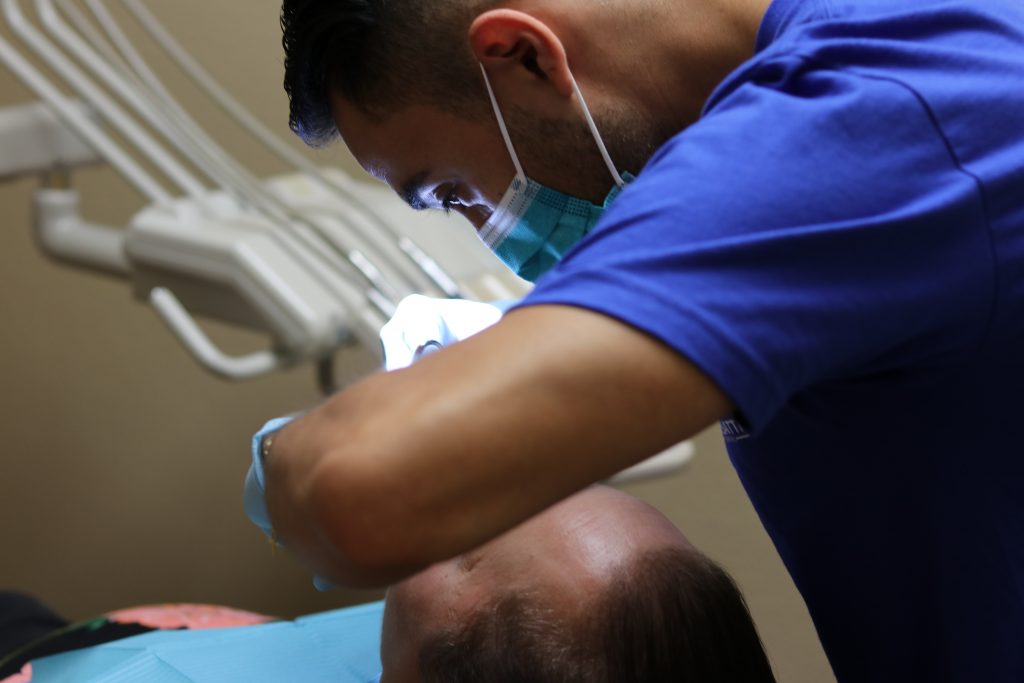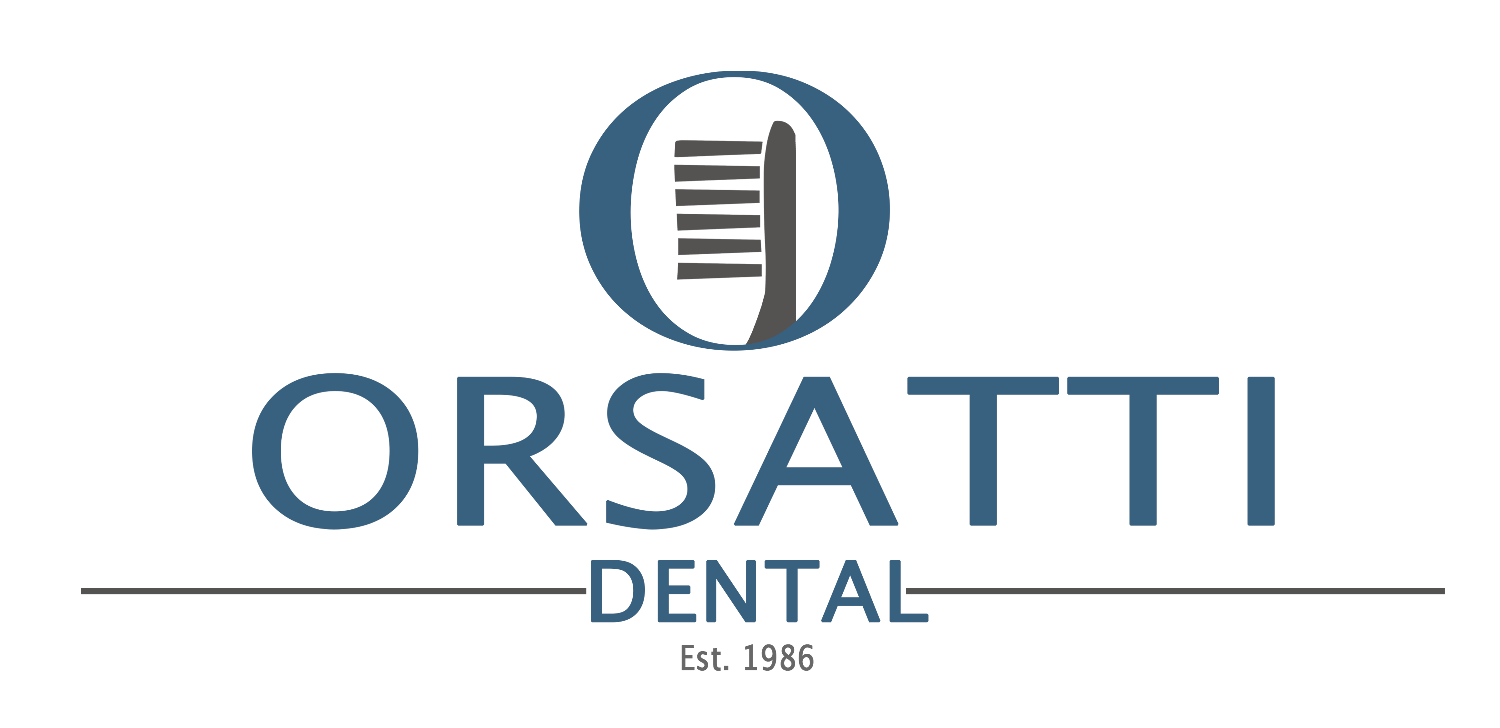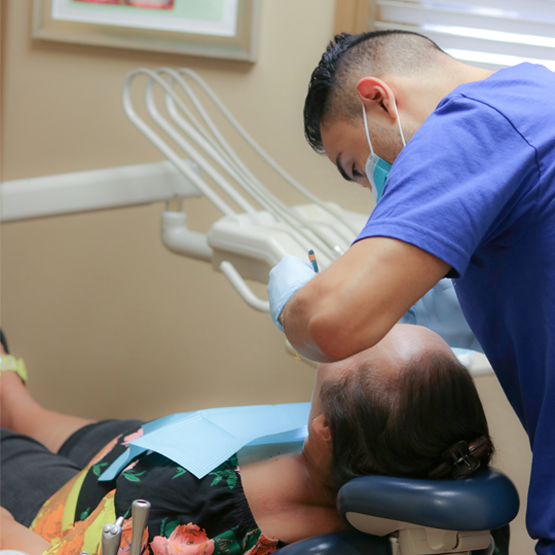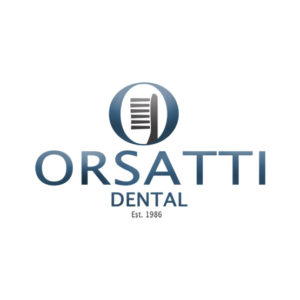Dental Implant for seniors
All-On-4 Dental Implants – Dental Implant for seniors, One of the most frequent things that we get asked about is All-On-Four dental implants. In addition to this procedure being one of the safest, when you get just one, or a couple of dental implants to replace one or more injured or damaged natural teeth, it also takes some time between the initial consultation and installation of the artificial tooth before everything is back to normal.
The most common age-related dental problems and how to avoid them:
Dental Implant for seniors – A lot of people tend to forget about their teeth and mouth when it comes to their overall health but it’s something, we need to pay a lot more attention to. The results show that tooth decay, gum disease and oral cancer all contribute to illness, disability and even death in oldest people in society.
Shockingly, the latest stats also show that just over half of adults brush their teeth twice a day, 15.5% have severe tooth loss and as many as 47.8% consume too much sugar. Starts at 60 is looking at the most common age-related dental problems and tips for how you can avoid them.

Why are Dental Implants important for seniors? All-On-4 Dental Implants – Dental Implant for seniors ,One of the most frequent things that we get asked about is All-On-Four dental implants. In addition to this procedure being one of the safest, when you get just one, or a couple of dental implants to replace one or more injured or damaged natural teeth, it also takes some time between the initial consultation and installation of the artificial tooth before everything is back to normal.
Dental Implants for seniors?
Dry mouth
Also known as xerostomia, dry mouth occurs when saliva levels decrease. Saliva is important because it protects the teeth and without regular this regular production, bacteria can grow in the mouth and cause bad breath, gum disease and other problems. Some infections and health conditions including Sjogren’s syndrome, Parkinson’s disease and AIDs can also cause dry mouth.
It can also be caused by blood pressure and cholesterol medications, tricyclic antidepressants, antihistamines and anticholinergics, while those who have previously undergone cancer treatment may also experience dry mouth.
In many cases, switching medications or even using special alcohol-free mouth washes can reduce dry mouth, while it’s also important to stay hydrated by drinking water, chewing sugar-free gum and avoiding acidic foods.
Gum disease
People with mild versions of gum disease have gingivitis, while people with more advanced stages are likely to be dealing with periodontitis. Around 61 per cent of people over the age of 75 have moderate or severe periodontitis, which can result in the loss of bone and gums that surround the teeth.
The bone can actually recede without the gums doing so and, in these cases, plaque can build up and cause inflammation, bleeding and pain.
It’s important to floss and brush the teeth twice a day – even if it causes bleeding – as this can remove plaque and often restore the health of gums.
It’s also important to avoid smoking where possible and to manage diabetes if you have it as the condition can also worsen gum disease. More severe cases will also require a dentist to clean the teeth and the affected gums and it’s important to act as soon as possible as bone and gum tissue that becomes damaged can’t return.
Bad Breath
While poor dental hygiene can result in halitosis, it can also be caused by bacteria issues in the mouth or other health issues in the body and getting those under control can be the best way to beat bad breath.
For example, respiratory disorders and diabetes can cause smelly breath, while high blood sugar levels caused by diabetes can increase glucose levels in saliva.
Bacteria in the mouth survives off this saliva and increases levels of dental plaque – which gives off an unpleasant scent. Some people with diabetes also develops ketoacidosis – where higher levels of blood acids called ketones are produced.
In other cases, it can be a sign of infections, bronchitis, inflammation of the sinuses, asthma and even lung cancer. It’s always best to seek professional help if regular brushing, flossing and cleaning doesn’t prevent bad breath, as it could be an underlying health issue that needs to be addressed.
Ulcers and mouth sores
Ulcers form in the mouth when the delicate tissue lining of the mouth is damaged. The most common type are Aphthous ulcers, and while health professionals are yet to determine an exact cause, it’s believed they may be brought on by stress, spicy or acidic foods, mineral and vitamin deficiencies and even hormonal changes.
They can also be caused by trauma such as biting the soft tissue of the lip or inner-cheek or even hitting the gum with a toothbrush, but usually disappear within a short time with no treatment. If ulcers are lasting for more than two weeks, it’s important to seek professional help as it could be a bigger issue or problem.
Tooth loss
Tooth loss can be caused by an array of different factors including gum disease, injury, poor dental hygiene and cavities and while teeth don’t grow back, there are a number of options available for people who do lose their teeth.
In cases where the gum, jaw and bone is strong enough, dental implants are an option. This is where professionals surgically place frames or rods in the jawbone so replacement teeth can be inserted where previous teeth have fallen out. It’s only an option in people who have healthy jaws, who don’t have gum disease and who can afford it (implants can cost thousands of dollars).
In cases where someone has significant damage to their gums and the bones in their jaw and mouth, dentures may be the only way forward.
There have been significant improvements over the years in the materials used for dentures and the adhesives to hold them in place.
It can take some time for the mouth to adjust to dentures, but most people see improvements quickly and it’s not long before they’re able to eat, speak and drink normally.
Dental Implants important for seniors?
San Antonio Dentist
Orsatti Dental
“Creating Beautiful Smiles with a Gentle Touch”
Orsatti Dental is a San Antonio Dentist office, serving all of San Antonio! Orsatti Dental is located at 15303 Huebner Rd, San Antonio, TX 78248.
Follow Orsatti Dental in San Antonio on Facebook


